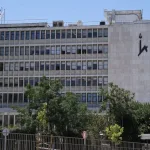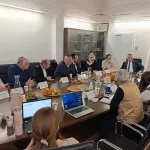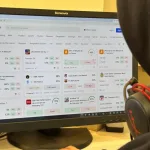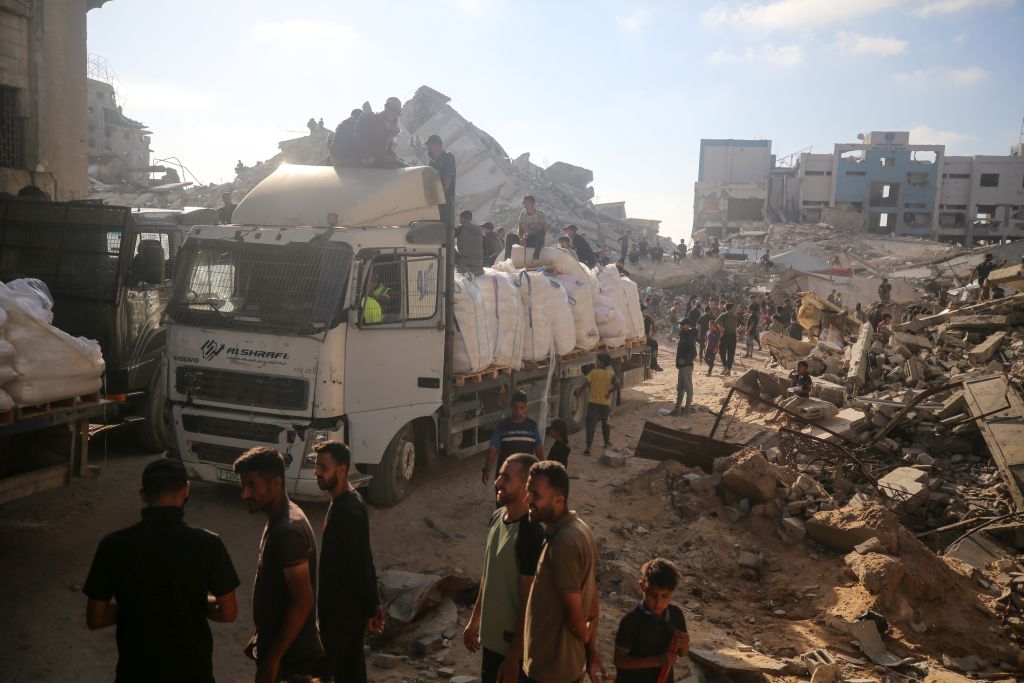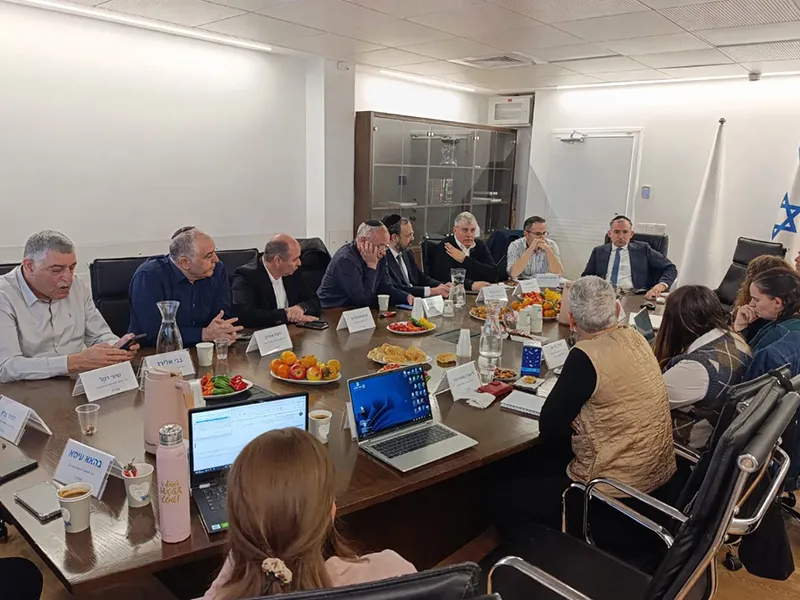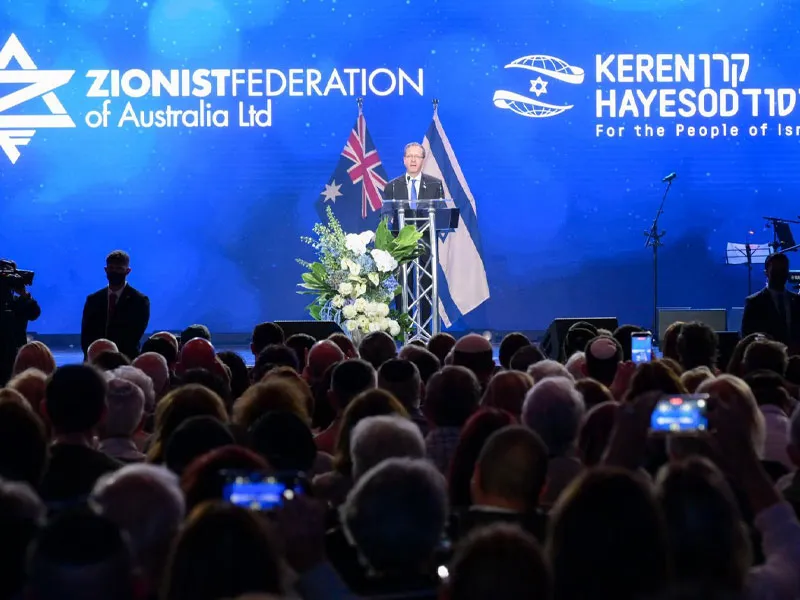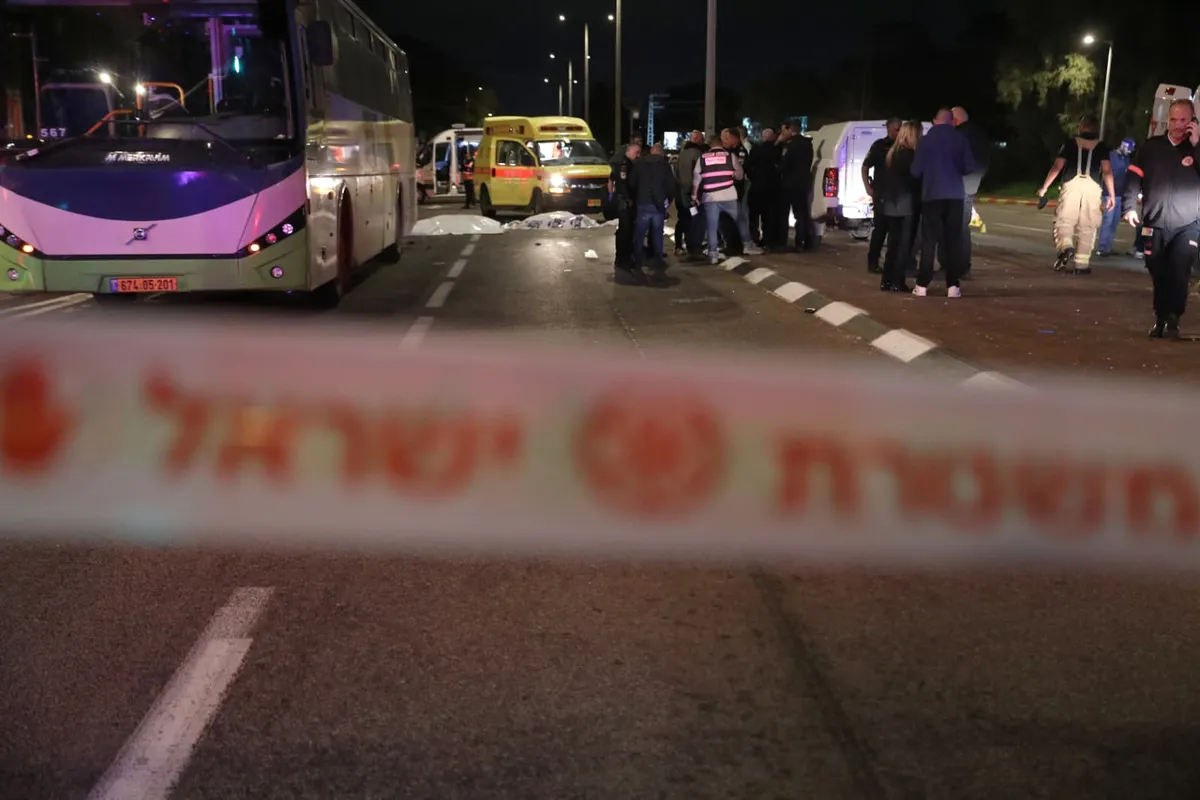Jerusalem, 10 July, 2025 (TPS-IL) — Israel and the European Union have agreed to significantly expand humanitarian aid access to Gaza, officials confirmed Thursday, following weeks of negotiations aimed at improving aid delivery and reducing the risk of diversion to Hamas.
At a press conference in Vienna, Foreign Minister Gideon Sa’ar confirmed that Israel’s security cabinet had approved new measures in coordination with the EU. “Following our dialogue with the EU, our security cabinet made further decisions last Sunday to improve the humanitarian situation in Gaza,” he said. The steps include “more trucks, more crossings, and more routes for the humanitarian efforts.”
Sa’ar appeared alongside Austrian Foreign Minister Beate Meinl-Reisinger and German Foreign Minister Johann Wadephul, expressing appreciation for what he called a “fruitful dialogue” with European counterparts. He emphasized that discussions were rooted in “an understanding of human needs and of the threat that Hamas and the Gaza Strip have posed to Israel over the past 20 years,” and stressed, “this dialogue is important and it will continue.”
The agreement will reopen several key crossings in northern and southern Gaza that had previously been closed. In addition to expanded truck convoys and renewed aid routes through Egypt and Jordan, fuel deliveries to humanitarian facilities will resume. Bakeries and hot meal centers will be allowed to operate, and electricity will be restored to Gaza’s main desalination plant. Aid workers will receive additional protections as part of the arrangement.
The EU’s High Representative for Foreign Affairs, Kaja Kallas, said the agreement was based on a shared understanding that “aid at scale must be delivered directly to the population” and that “measures will continue to be taken to ensure that there is no aid diversion to Hamas.” She added that the EU is ready to coordinate with UN agencies, NGOs, and other humanitarian partners “to ensure swift implementation of those urgent steps.”
Diplomats say Israel’s willingness to finalize this agreement was also driven by concerns over potential EU sanctions tied to its obligations under the Israel-EU Association Agreement.
Meanwhile, the Gaza Humanitarian Foundation (GHF) announced it will begin delivering food aid directly to communities across Gaza following a successful pilot. The U.S.- and Israeli-backed group said the expanded program aims to supply 20,000 boxes—equivalent to 1.2 million meals—each day throughout the Strip, a sharp increase from the current 2,000-box daily distribution.
Hamas and criminal gangs associated with it hijacked 85% of all the trucks entering the Strip with food, water, medicine and other humanitarian items. TPS-IL learned that Hamas granted distribution lines to these groups to ensure that humanitarian aid exclusively reaches Hamas. In return, these gangs receive money, food and vouchers. Hamas also pays these gangs $10,000 a month to maintain checkpoints.
The Israeli government halted the entry of humanitarian aid in early March. According to the IDF, this move sharply curtailed Hamas’s revenue stream, with some gunmen and operatives not receiving salaries.
Hamas has been firing on Palestinians making their way to distribution centers, and residents of the Strip accuse the terror group of violence to deliberately disrupt the aid.
At least 1,180 people were killed, and 252 Israelis and foreigners were taken hostage in Hamas’s attacks on Israeli communities near the Gaza border on October 7. Of the 50 remaining hostages, around 30 are believed to be dead.





